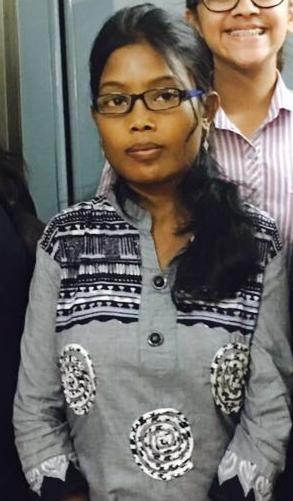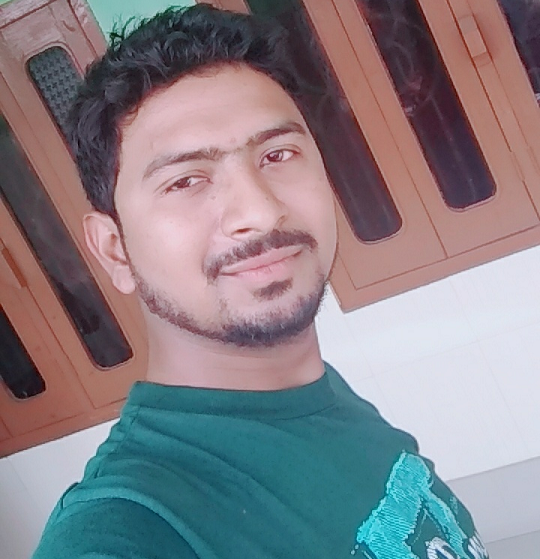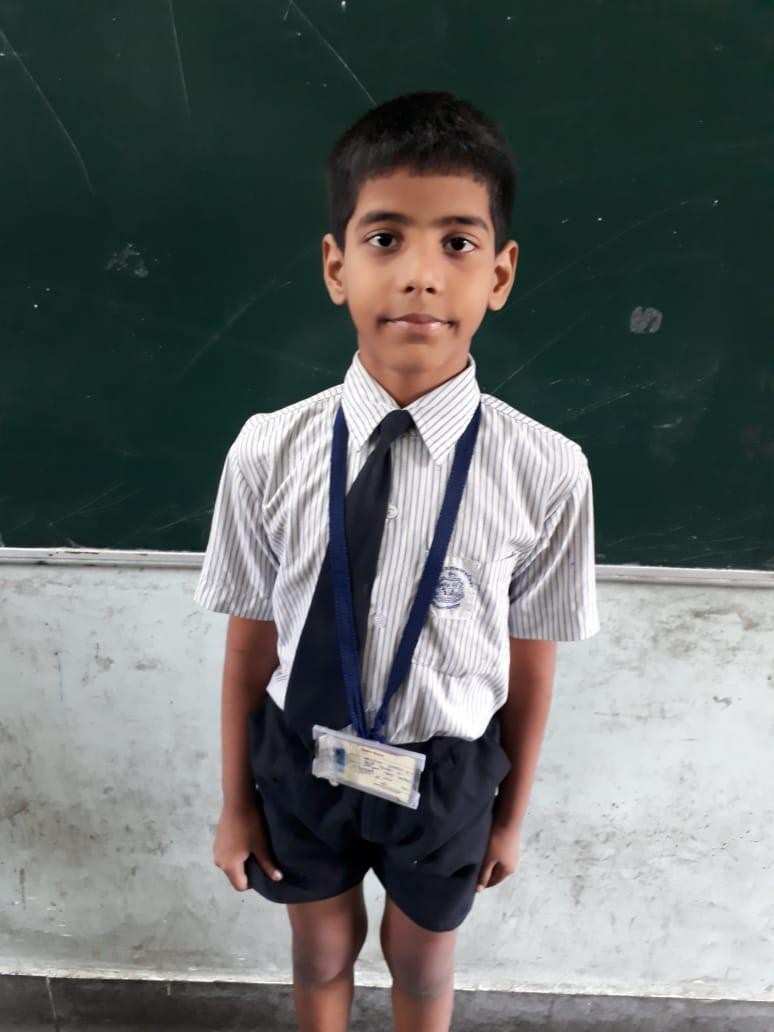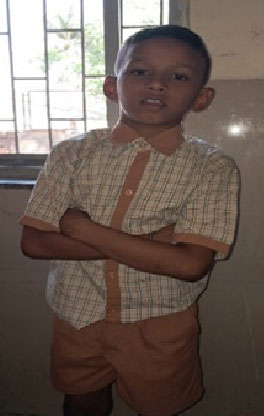
Anu
CHIP Kolkata’s health program supports children and young adults with chronic medical disorders.
Anu came to CHIP as a young girl with Thalassemia Major, a life-threatening condition. From an impoverished background and without resources to manage daily needs, Anu was close to death.
As part of the CHIP family, Anu was provided with blood transfusions and medication over a period of years but even then her health continued to deteriorate. CHIP then organized for Anu to undergo a major operation where part of her spleen was removed which then led to an immediate improvement in her health.
She was assessed for a possible bone marrow transplant, which is life saving intervention, if successful. Unfortunately, Anu was not suitable for this procedure.
As part of CHIP’s ‘Total Child Care’ policy, Anu was supported through school and then through various vocational programs to enhance and develop her skill sets.
As a result, Anu, who is now 26 years old, is working in a full-time job while receiving monthly blood transfusions and other medical support through CHIP.

Mriganka
It’s nice to see someone grow with the organization. Mriganka is one such boy who came to us in 1998, a year after CHIP was founded. He had a problem of stammering and even though he was good in studies, his self-esteem was low.
CHIP took him on. After many personal counseling sessions and later with group counseling, he started gaining in confidence. He also attended drawing and recitation classes for building up his confidence.
He continued with his studies and successfully passed Madhyamik in 2007 and Higher Secondary in 2009 under the tutelage of CHIP
Mriganka was also our first student of Computer Training Course which was started in CHIP in 2004 in collaboration with Aptech.
However, in 2009, after passing H.S.Exam, he faced some monetary crisis as his parents took ill. With a little bit of counseling, he got himself admitted in a Raja Ram Mohan Training Centre for mobile repair training. After training from there, he started his own mobile repair shop. He named his shop Mriganko Telicom. He also has a website because of the knowledge he gained from doing the computer course.
Mriganka is not only a successful man now but he is also a married man and father of a girl. He now wants to train some students in mobile repair.

Ansh
This story is about a child named Ansh, class 3 student in Vakola School, Mumbai. He would not participate in any activity, especially speaking in front of the class because he stammered while speaking. The teacher sensed great potential in him.
The teacher started playing the game of “No one will make a sound till a student finishes reading or saying a poem” where one student would stand up and say a poem or read few lines and the other students were supposed to be “statue” till the time he/she finishes.
If anyone makes noise or laughs they are out of the game. Ansh would deliberately be given a chance each day to read or say something in front of the whole class through the game.
The other thing that the teacher kept in mind was mediating the behavior of his group mates when they were doing a group activity. She would keep a close check on everyone else and interfere if necessary. His classmates started to include him gradually with them.
One more strategy that really helped the teacher was reading a story in the form of a role play in the classroom in front of all the students.
By the end of the year Ansh showed tremendous improvement in his confidence and personality. He has been an active and energetic participant in all the activities and he definitely is a happier child.

Abhay
My name is Savita A. Shaikh. I am a SEP teacher from CHIP Mumbai and a class teacher of classes 3rd and 4th in Oshiwara School. Today I am going to share story one of my class 4 students’ Abhay Earlier he was not interested in studying. He would run away from class or sit on the last bench and play with toys. We identified his behaviour and with the BMC teachers, we studied him to understand his interest. I had one-on-one sessions with him and understood that he was afraid to study as he was unable to read and write properly for his age.
One day I visited his home with him after school. We reached his home and saw his mother doing some work for extra income. His mother did not even ask him about his day at school or study. I introduced myself to his mother and told her about Abhay. His mother told me, “Teacher Maro Isko.” From then on, I understood that her mother didn’t give her time to both the kids, which is a lack of progress in his academics and in extracurriculars.
I took a step. I started to talk to him and give my extra hours after school to his subjects, English, math, and sometimes science. To start with English, I made a group to which he was added and made friends with that group. Here are some techniques I used in some teaching tools, like group activities, game-based learning, digital learning material, teacher learning material, and appreciation.
After 2 months, he sounded good and started feeling good in his classroom. Again, I had a one-on-one with him, so I found a confident student who believed that he could read and write nicely express his emotions, and learn from others. This Abhay is currently doing well in his academics and takes part in all extracurricular activities. It is concluded that effective teaching pedagogies can result in using the most beneficial kind of knowledge, which in turn will achieve good and fruitful learning outcomes. It is very well said, “Slow and steady wins the race”.
